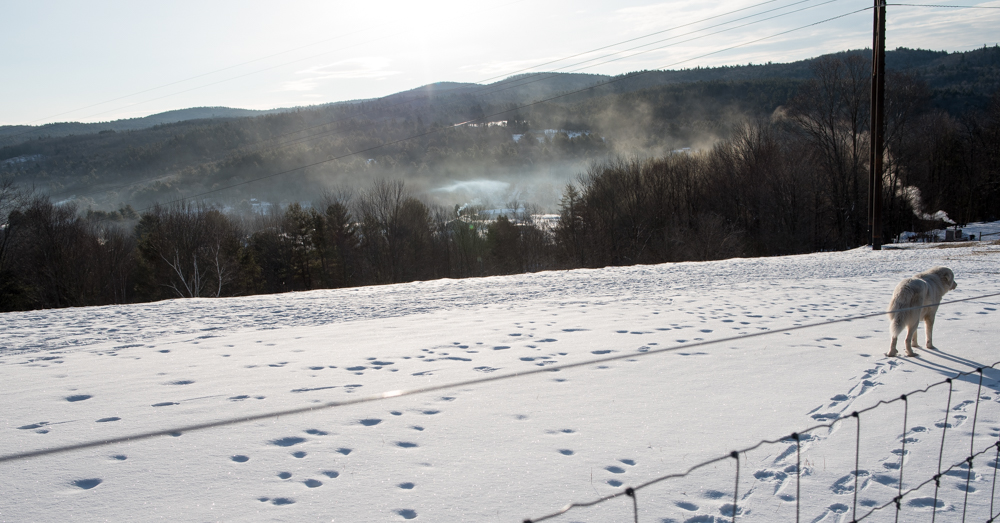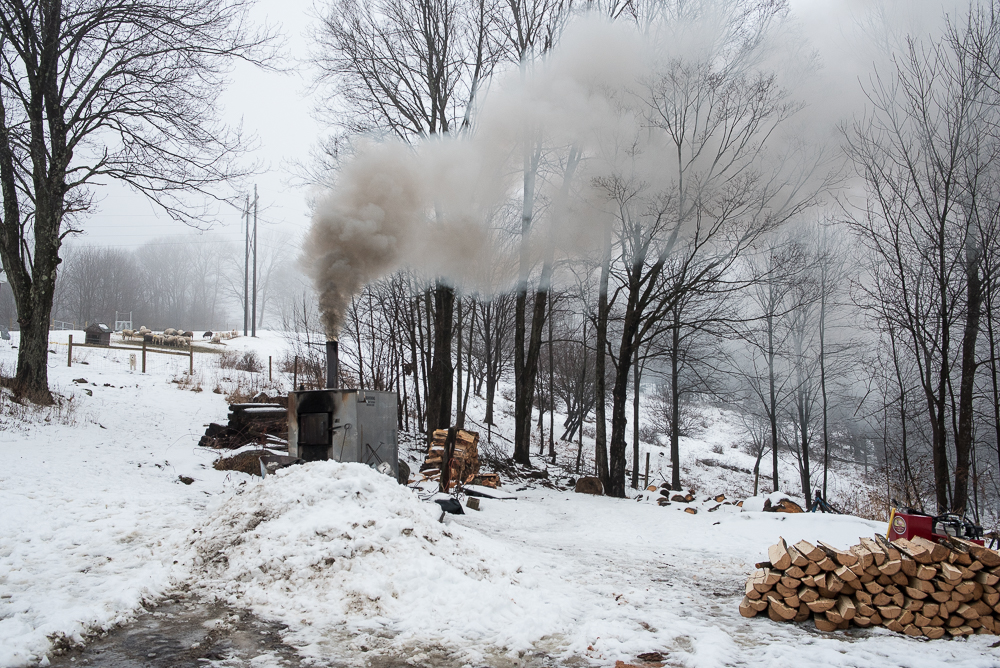When I lived in Boston and heated my house with wood, I congratulated myself on how ecologically enlightened I was being. I was burning firewood from urban tree-trimming operations in an exceptionally efficient wood stove; I wasn’t cutting down forests, and I wasn’t adding smoky particulates into the air.
When I moved to rural New Hampshire, I figured I would be joining a congregation of similarly-enlightened folks. And it’s true that burning wood for heat is nearly a religion in my new home county, but it plays out very differently.

The stoves most people use (and I am no exception at the moment) are older and cruder than the catalytic wonder I had in Boston, and the local topography tends to trap smoke in the valleys on cold, still days. And the argument that I comforted myself with in Boston days — that burning wood rather than fossil fuels for heat was climate-neutral — turns out to be less obvious the harder you examine it. At the moment, I’m trying to reconcile ecologically responsible behavior, the economics of harvesting one’s own fuel, and the primal urge to make wood fires.
